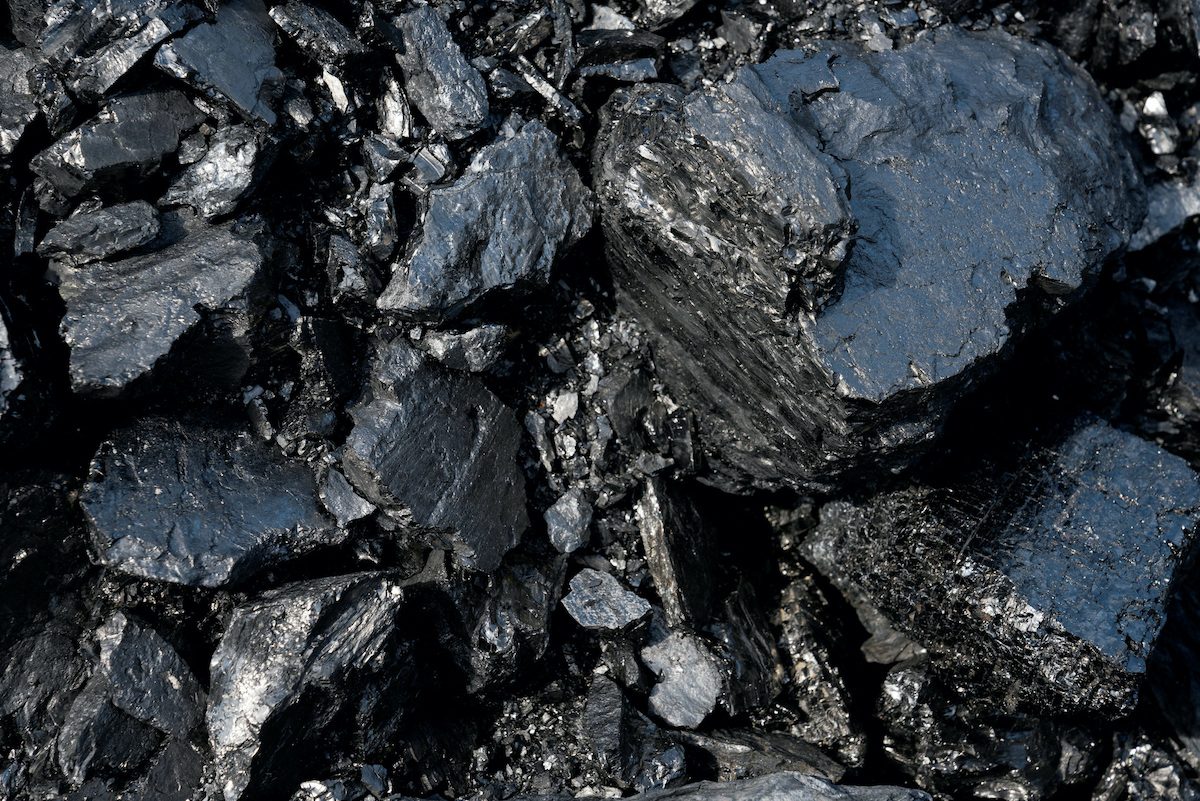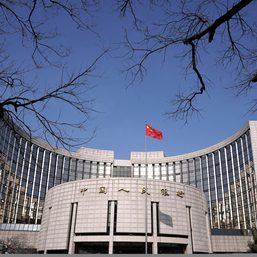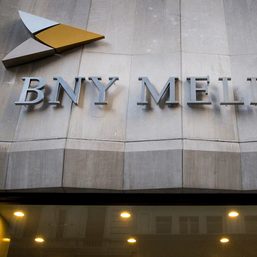SUMMARY
This is AI generated summarization, which may have errors. For context, always refer to the full article.

LONDON, United Kingdom – It’s the best of times, it’s the worst of times. At least when it comes to mining coal.
After years of decline, demand for the polluting fossil fuel has surged this year as Europe scrambles to replace Russian gas, and coal miners are making money hand over fist.
With coal prices hitting record highs, companies would normally expand their operations, but projects are being left on the table as most Western banks stand by climate pledges to restrict lending to the sector, according to a dozen mining company executives and investors.
“If you are a business with a bank right now it’s easier. If you want to build a new mine, forget it, that has become impossible,” said Gerhard Ziems, chief financial officer at Australian coal miner Coronado Global Resources.
Demand for the fossil fuel is so strong some miners say they are selling coking coal used by steelmakers to electricity companies instead. The lower-value thermal coal used in power plants traded above coking coal for the first time ever in June.
“It’s a crazy situation,” said Coronado’s Ziems, likening it to silver trading at a higher price than gold.
Benchmark Australian Newcastle thermal coal was languishing at about $50 a metric ton at the start of 2020 before climbing to above $150 per metric ton at the start of 2022. It then surged to a record high above $400 a metric ton in September as countries desperately sought alternatives to Russian gas.
But with Western banks under pressure from shareholders to show action on climate change, coal executives say they are having to scout for alternative funding to take advantage of the favorable backdrop, via public markets, pre-sale finance, trading houses, private equity firms, and investment funds.
Closed doors
For some, it’s even just a question of finding a lender for basic financial services.
Shortly after North American miner Bens Creek Group listed on London’s AIM in October last year, Lloyds Banking Group withdrew its banking services from the company due to a change in policies regarding coal.
Lloyds said in February it would stop financing miners that generate more than 5% of their revenue from thermal coal by the end of this year, and would no longer provide general purpose banking to new coking coal customers.
It took the managers of Bens Creek months, and dozens of rejections, before they managed to open a bank account at the State Bank of India’s branch in Britain, chief executive Adam Wilson told Reuters.
“Nobody had these issues five years ago,” he said.
Lloyds declined to comment on individual client relationships.
It’s a similar story for Minergy Limited, a startup listed in Botswana looking to fund its expansion plans.
“We are exploring all the options at this stage, but commercial banking is not necessarily available,” said Minergy CEO Morne du Plessis.
The company is now looking to reduce its debt and fund its project to double annual mining capacity to about 3 million metric tons by selling additional shares, as well as listing on the London Stock Exchange next year.
Du Plessis said Minergy had struggled to secure simple banking services, such as overdrafts or loans to purchase vehicles. “Because we are in coal, because we are a startup business, they wouldn’t even consider that,” he said.
China exception
Despite the pressure on Western lenders, global investments in coal supply are expected to rise by about 10% this year to $116 billion, with China leading the way, the International Energy Agency said.
Mainly thanks to China, coal investment this year is expected to be in line with 2015, the year governments signed the Paris climate accord which aims to keep global warming well below 2°C compared with pre-industrial levels.
Analysts say, however, that China consumes most of the coal it mines, so increased production in the country is unlikely to have much of an impact on the amount of coal traded on the global market – or its current high price.
With funding hard to come by from Western banks, coal miners outside China have turned more to equity markets this year.
As of November 11, they had raised $2.2 billion via public markets, up from $1.3 billion in the same period of 2021 and the highest for the period since 2017, Refinitiv data showed.
But analysts said the fund raisings have not been enough to offset the billions of dollars of Western bank lending that has disappeared over the last couple of years.
Environmental lobby group Reclaim Finance says 96 banks now have policies to restrict financial services to the coal sector.
The biggest Western lender to coal miners in 2020 was Deutsche Bank with $538 million followed by Citi at $300 million. By 2021, that had dropped to $255 million for Deutsche and $218 million for Citi, according to data compiled by Reclaim Finance.
“With regard to thermal coal mining, any transaction in coal mining requires an enhanced environmental risk review,” a Deutsche spokesperson said, adding that the bank was updating its coal policy.
Now, companies that depend on coal for more than 50% of their revenue must show credible diversification plans to get financing from Deutsche. Firms without such plans will be phased out of the bank’s portfolio by 2025, the spokesperson said.
Citi declined to comment.
A number of banks including ANZ, Bank of Montreal, Barclays, BNP Paribas, Commonwealth Bank, Santander, Standard Chartered, RBC, and UniCredit financed coal miners in 2020 but did not in 2021, the Reclaim Finance data showed.
All talk
Minergy’s Du Plessis said since coal prices surged, there have been more conversations over potential sources of cash, from equity investors to debt refinancing proposals to trade finance.
“There is an openness to discuss this because coal is now a buzzword, so the conversation is easier. Has anything materialized? No it hasn’t,” he said.
Bens Creek listed shares partly because of the lack of appetite from banks to support any expansion of coal mining, chief executive Wilson said.
The company is set to double production to about 1 million metric tons next year, though Wilson does not expect current high prices to boost coal output much globally, as the development of new mines and the infrastructure they need such as railways is unlikely given the uncertain long-term outlook for coal.
Some investors snapping up shares in coal company fund raisings and listings agree that long-term plans are becoming a thing of the past for miners, but they say the short-term returns are attractive.
“Historically, coal mining CEOs did not want to return cash to shareholders, they used it to expand output or buy competitors,” said Jonathan Barrett, chief investment officer at Luminus Management, which owns shares in US coal miner Arch Resources.
“But in the last year or two they have realized that the best way for them to create value for shareholders is to return the cash as opposed to expanding, because it’s a much better and lower risk use of capital,” he said.
Barrett and his business partner Robert Felice launched the Iris TIME fund in October backed by wealthy families to focus on unfashionable sectors with attractive cash flows, such as coal.
Big dividends and share buyback programs in the industry mean that in some instances you could make back your entire capital investment in about two years, Barrett said.
“Most of these guys are generating cash hand over fist and they are trying to reduce their reliance on banks, because they have seen how quickly banks are turning on the industry.” – Rappler.com
Add a comment
How does this make you feel?










There are no comments yet. Add your comment to start the conversation.